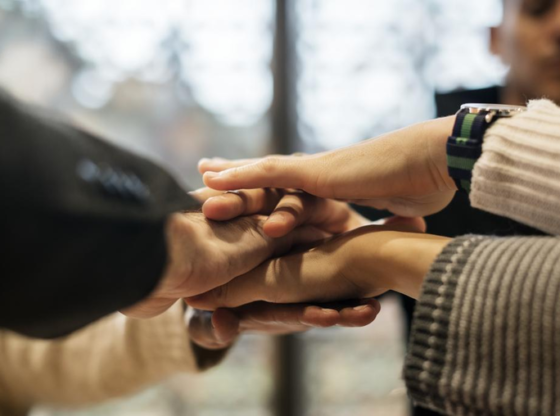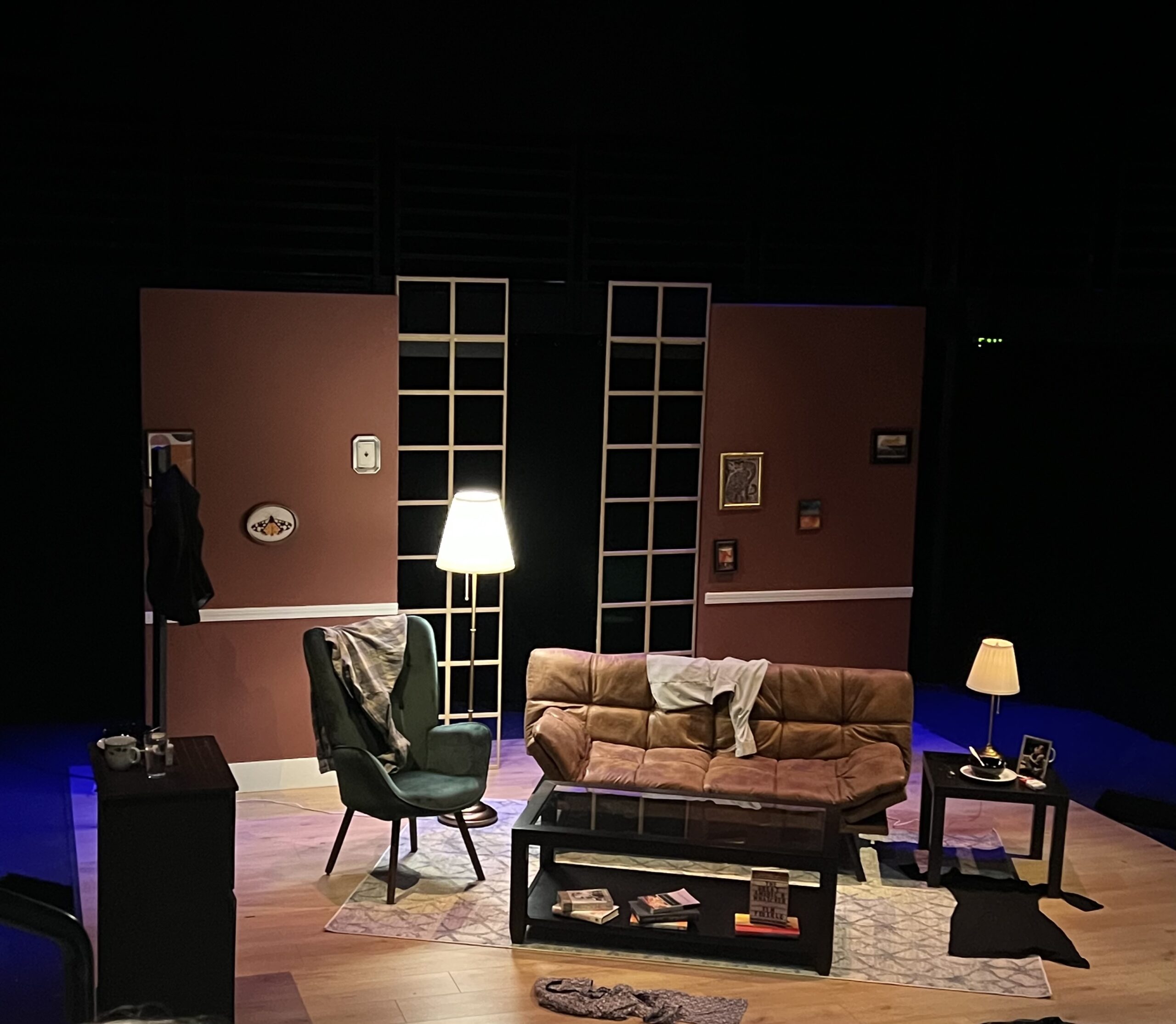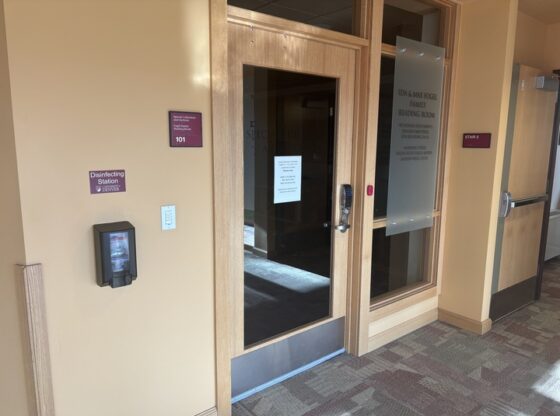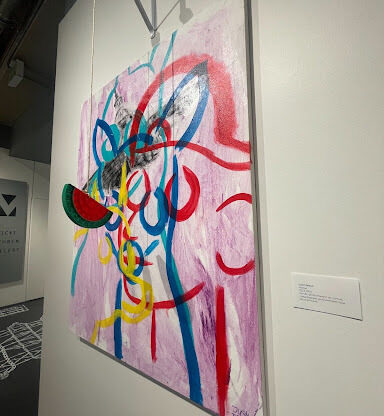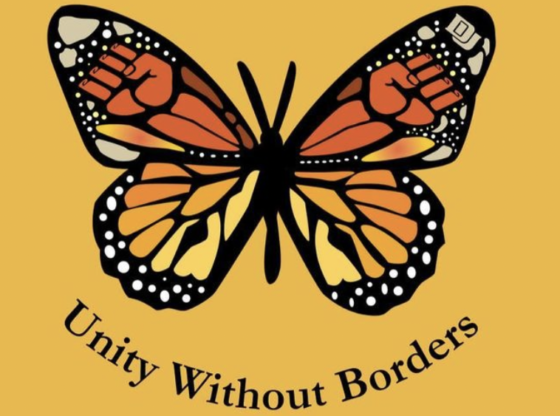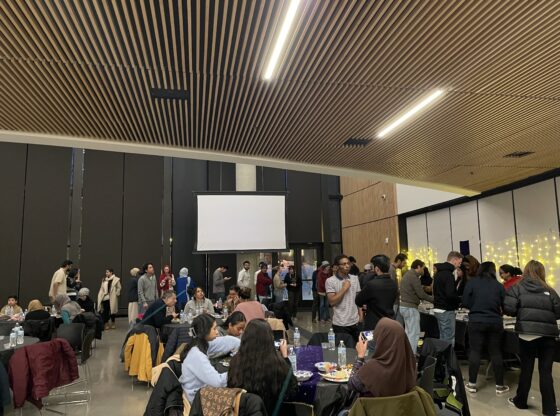Delicious dim sum. Melt-in-your-mouth tortas. In-N-Out. QSA’s Instagram stories of President Patty Barajas (she/they), Treasurer Evelyn Stovin (they/them), and club officer Gaby Barajas’ (she/her) recent trip to San Francisco were mouth-watering.
When they weren’t grabbing delicious snacks in what Barajas called “the gayest city” in America, President Barajas and their counterparts were attending the 50th Creating Change Conference organized by the National LGBTQ Task Force, the nation’s oldest political advocacy group for the LGBTQ community.
The conference ran from Feb. 17-21 and hosted over 4,000 queer leaders and community members from across the country. The first two days included day-long institutes featuring workshops, panels and other activities focused on issues within the LGBTQ community. The second half of the conference included specific workshops and conference-wide plenary meetings were held throughout the four-day event.
But the conference was not without problems. The Trans Institute had 150 attendees but was held in a space meant for 30. The day-long institute also didn’t provide meals as promised, augmenting existing financial concerns over the $700 conference registration fee.
Barajas personally took issue with the management of the Trans Institute. “All these organizations can barely even send their people to this conference and now [Task Force is] making them pay for their own food that they said they were going to provide … and is not giving them the space they deserve,” she said.
In response to these issues, Barajas and other trans and gender non-conforming participants decided to form the Trans Action Collective to hold a protest at the conference’s final plenary meeting.
After discussing messaging, safety and logistics, the collective chose to walk onstage during trans activist and Pose star Angelica Ross’ keynote speech, which would focus on trans rights within the queer community. To center black and brown trans voices, black and brown protestors would stand on stage alongside Ross while white protestors would stand between the stage and the audience.
When the time came for Ross to address the plenary, she brought the collective to the stage while challenging conference-goers’ commitment to trans rights, demanding “do you love us enough to be angry with us? Do you love us enough to support the transformative demands that we are placing in this space?
“Here at DU, every organization likes to pretend that queer people of color don’t exist, especially trans people of color… so being surrounded by so many trans people of color, fighting for what we wanted, it was so inspirational,” said Barajas.
Barajas hopes to bring the conference’s momentum back to QSA activities on campus. Going forward, QSA plans to modify its constitution to include two-spirit people and have more people of color in leadership positions. Barajas also plans to host more workshops for the aromantic/asexual community and the bisexual, pansexual and intersex communities.
But their most immediate concern is the ongoing wave of anti-trans, anti-gay legislation sweeping across the US, with a law banning drag shows and gender-affirming healthcare for youth passed just a few days ago in Tennessee.
“People are going to kill themselves; people are going to die. These anti-trans bills are genocide … it’s an erasure of a people. [Your identity] is not something that you can tuck away,” Barajas said about the Tennessee law.
In the face of increasing transphobic and homophobic legislation, Barajas sees QSA expanding from a community space into an activist space where queer students can take action to protect their community.
QSA’s future, the community they experienced at the Creating Change conference, and the Trans Action Collective give Barajas something to work towards.
“Overall, it gave me hope,” she said, reflecting on the four days of action and intensity in San Francisco.



